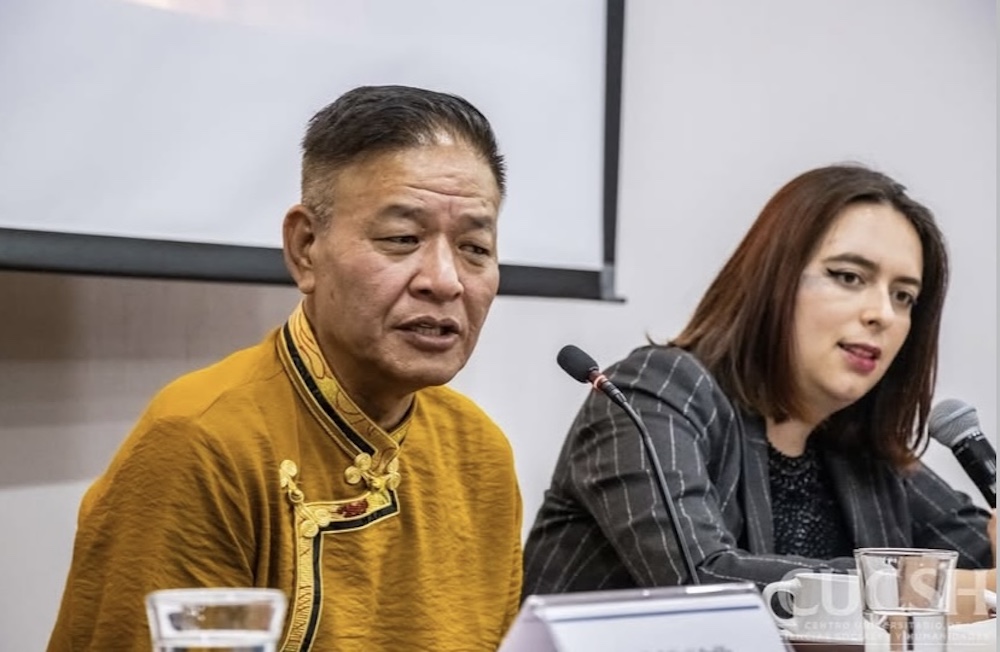Tenzin Nyidon
DHARAMSHALA, May 28: The 21st edition of the Kathmandu International Mountain Film Festival (KIMFF), set to run from May 29 to June 2, has come under heavy criticism for featuring a controversial film segment titled “Xizang Panorama,” a curated selection of six Chinese-produced films on Tibet.
The segment, part of the festival’s celebration of 70 years of Nepal-China diplomatic ties, includes Snow Leopards and Friends (2023) by Zhinong Xi, Life of Buda (2021) by Jian Lu, Where the Mighty Rivers Begin (2022) by Qin Qing, Youthful Xizang (2023) by Shiping Shen, Wild Wonders in Xizang (2024) by Dazhen, and Days and Nights in Xizang(2024) by Yiyan Lu.
At the heart of the controversy is the festival’s use of the colonial term “Xizang.” The word “Xizang” is the pinyin romanization of the Mandarin word for Tibet, employed by the Chinese government to reshape global perceptions of Tibet. Its use aims to sever Tibet from its unique history, culture, and people, contributing to the ongoing erasure of a distinct identity that has endured decades of political and cultural oppression.
A coalition of 145 Tibet-related organizations has called for the immediate cancellation of the “Xizang Panorama.” The coalition’s statement described Xizang Panorama as “a showcase of weaponised storytelling” and warned that KIMFF’s decision to host the program risks “endorsing, normalising and justifying the Chinese government’s ongoing cultural genocide in Tibet.”
One of the featured films, Life of Buda, has drawn particular outrage for promoting the narrative of China’s occupation of Tibet as a “peaceful liberation,” echoing decades of China’s messaging designed to justify its rule over Tibet.
KIMFF, which brands itself as a platform for social change and a space to “reclaim narratives,” has yet to respond publicly to the mounting backlash. For many in the Tibetan community and beyond, the inclusion of the program not only undermines the festival’s stated mission but also contributes to the silencing of Tibetan voices struggling against decades of political and cultural suppression.











One Response
Nepal is China’s bitch so what do we expect!!!